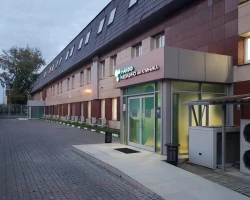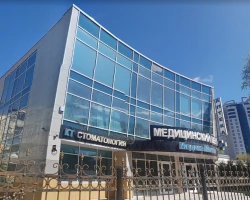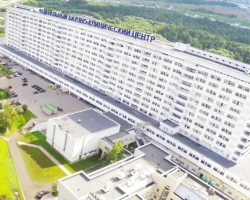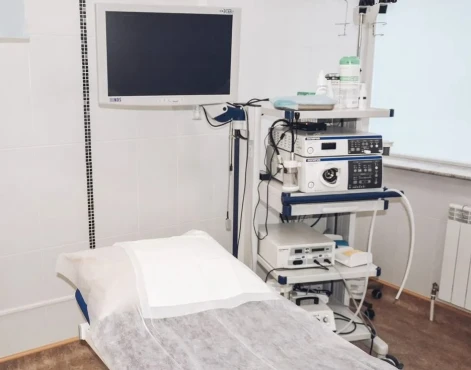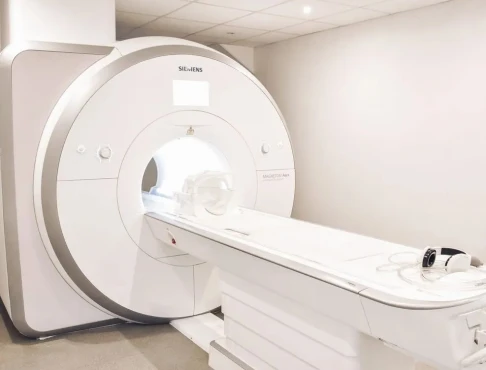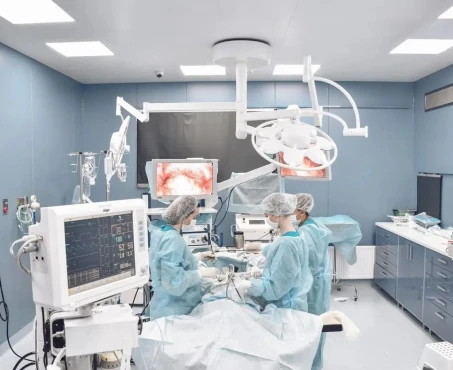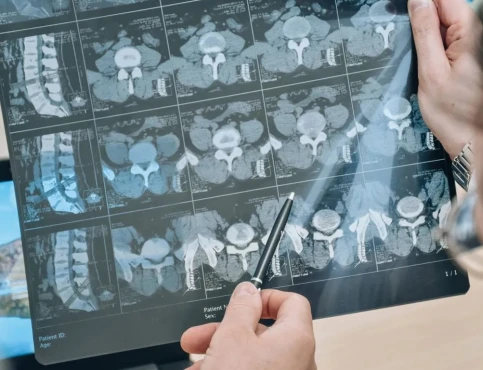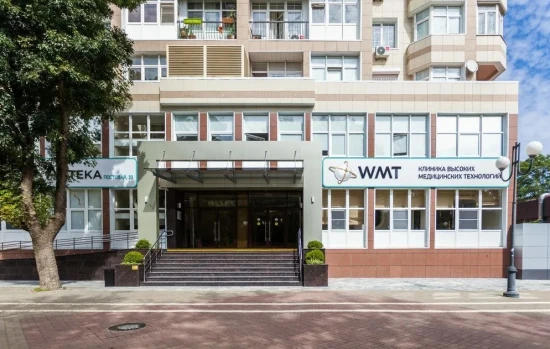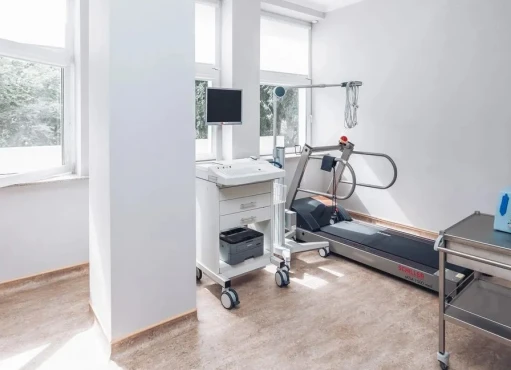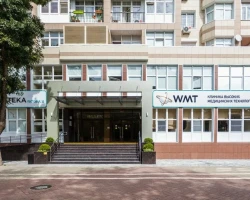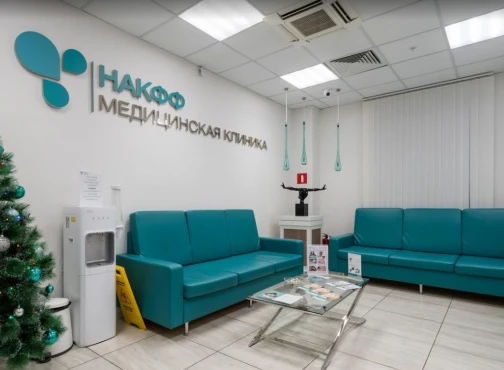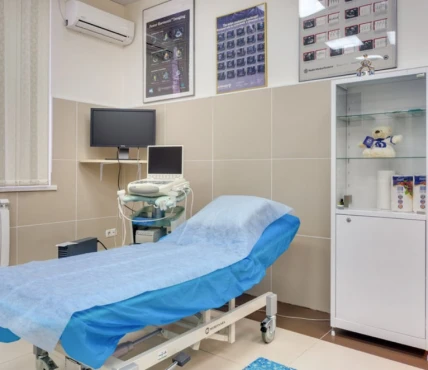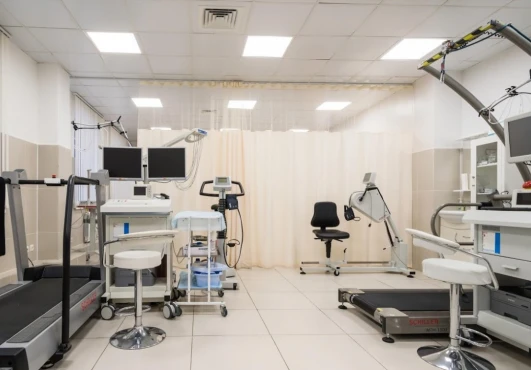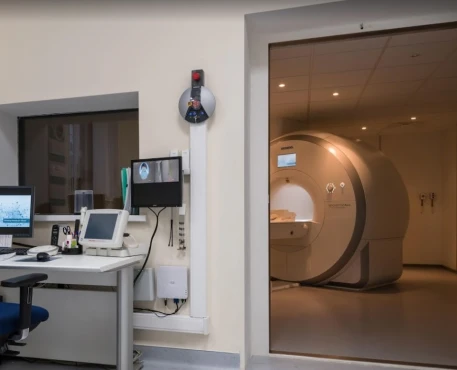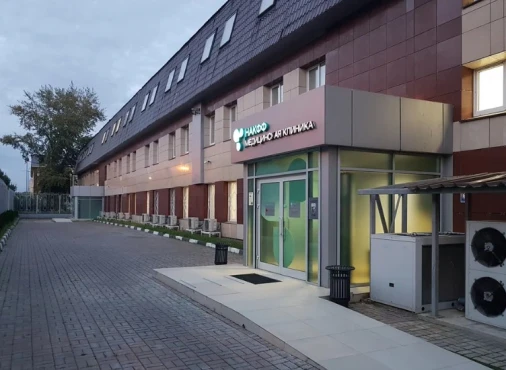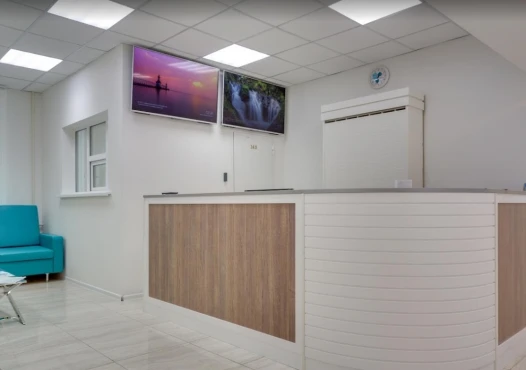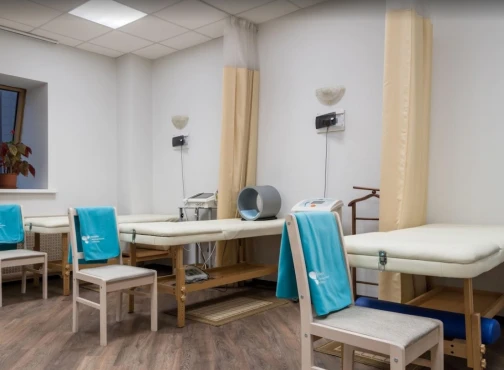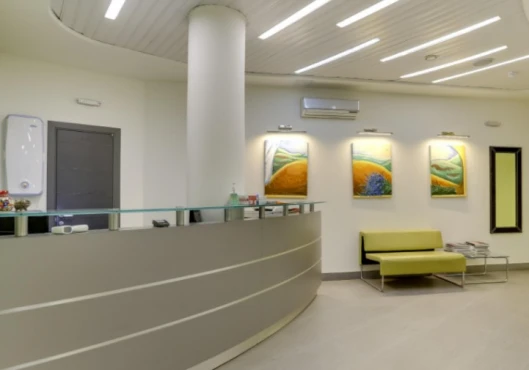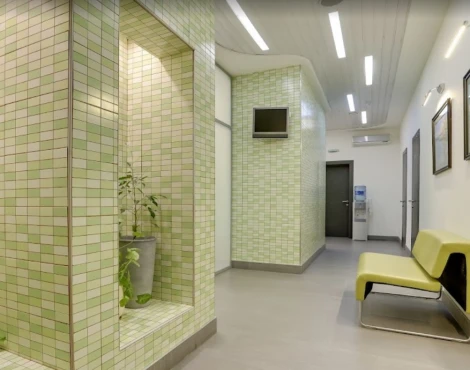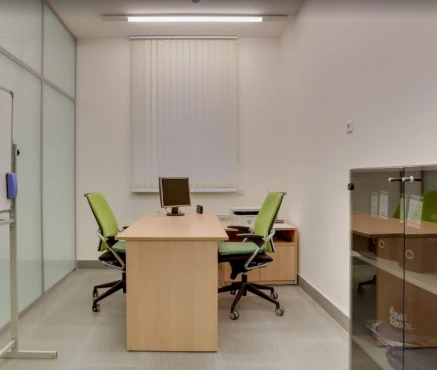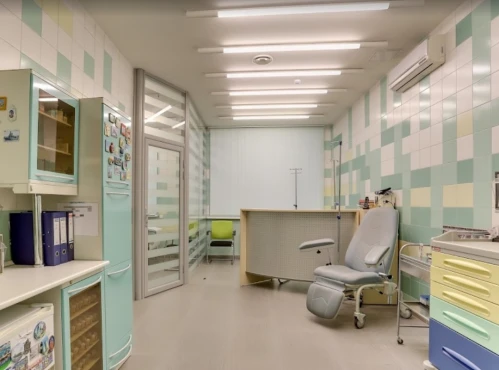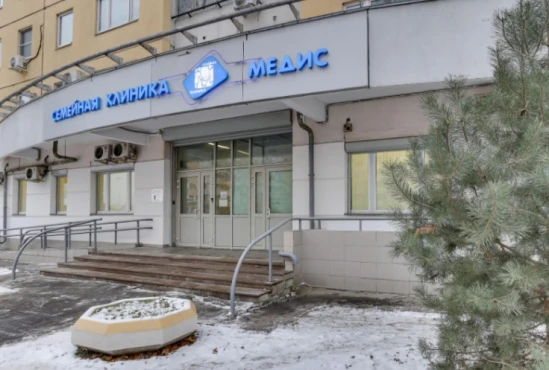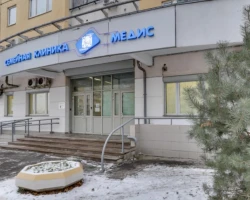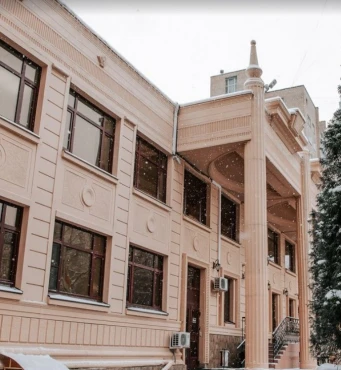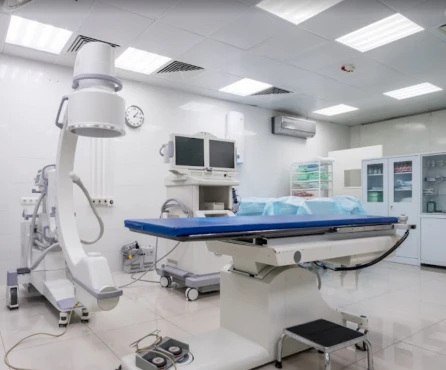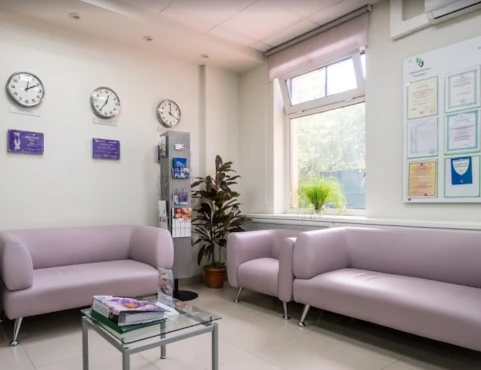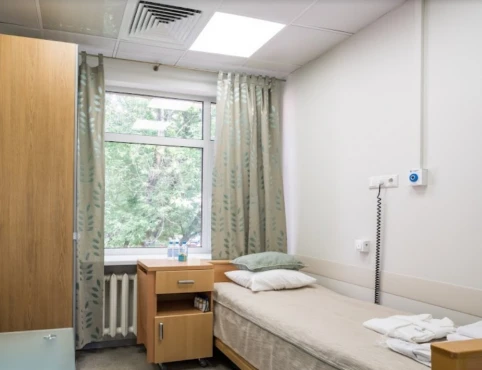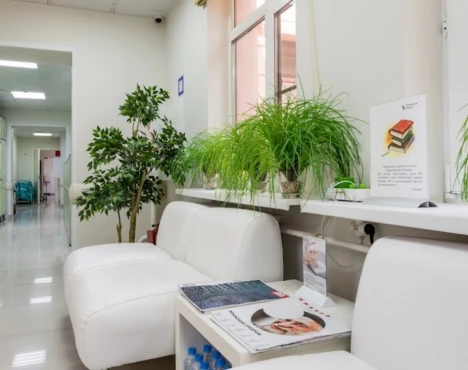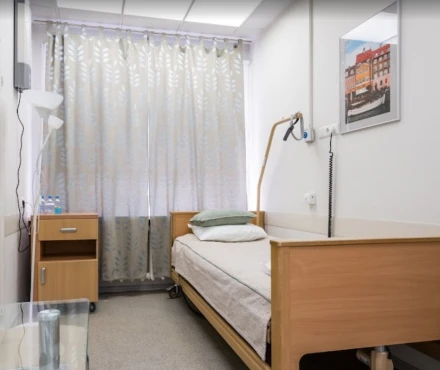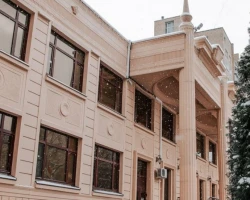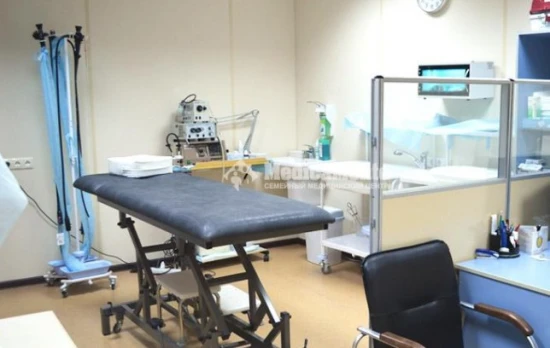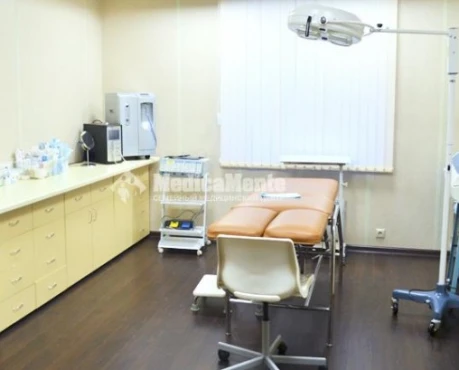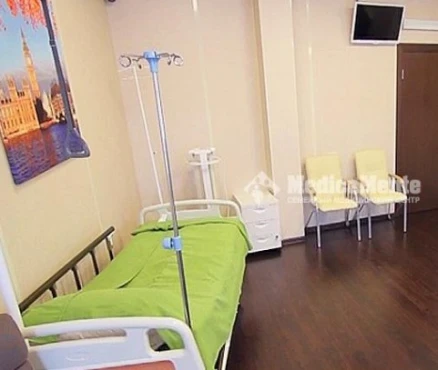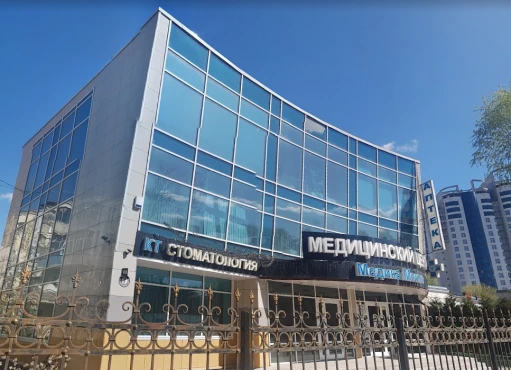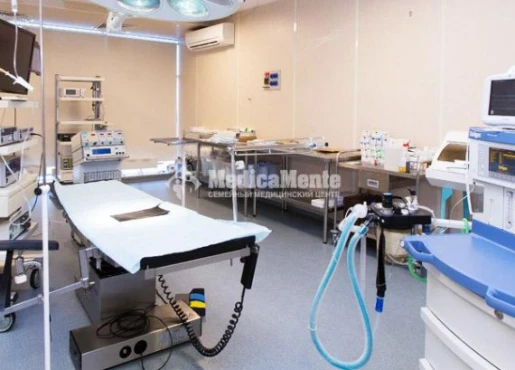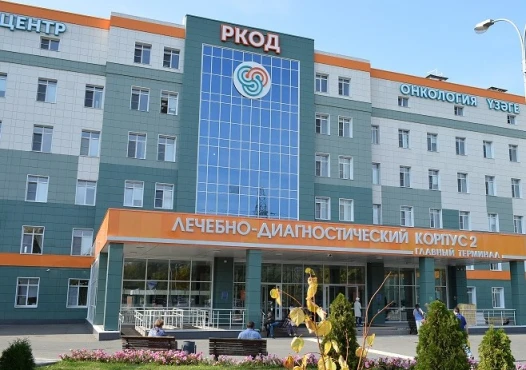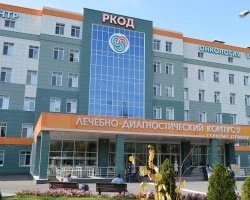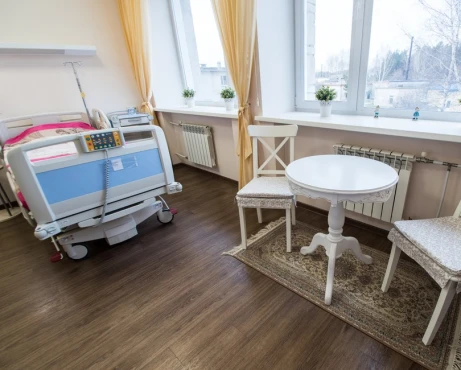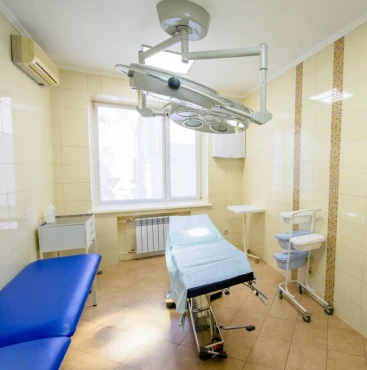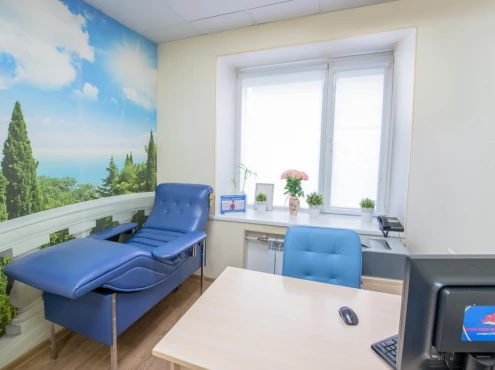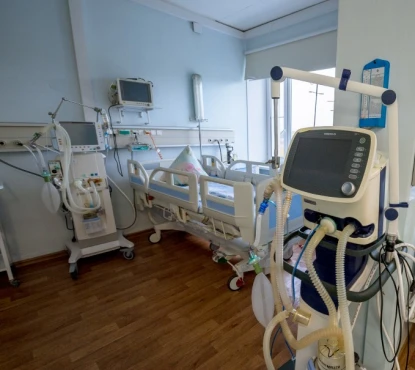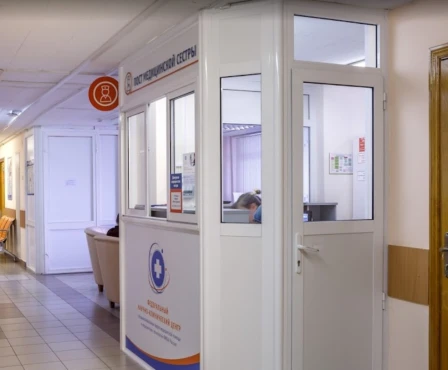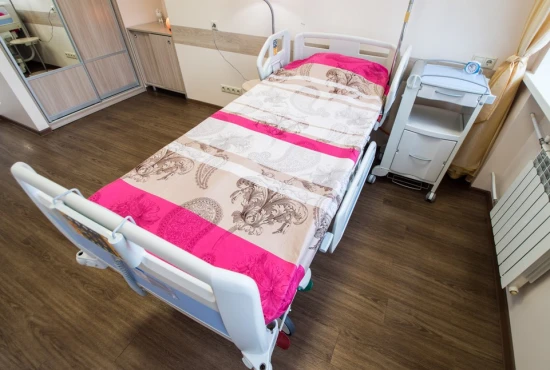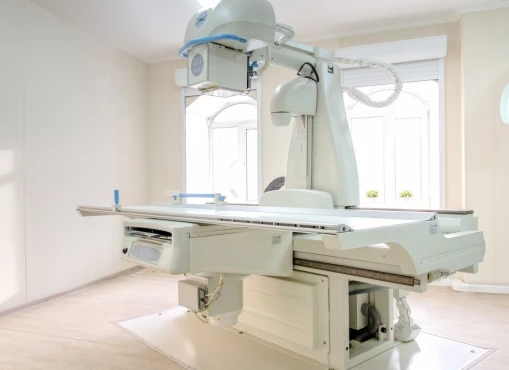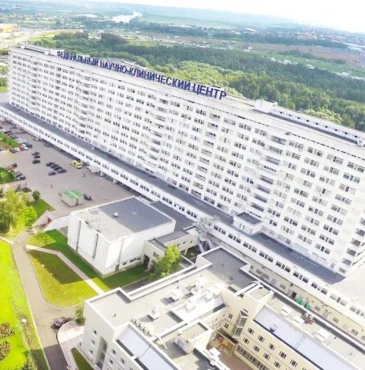from Vitaly Mvs
September 25, 2023
In May 2022, we urgently arrived from Kazakhstan to the clinic. It was necessary to install a drainage to remove bile from the liver. The condition was quite serious, bilirubin was more than 500 units. In Kazakhstan it was not possible to install drainage, it did not work. Ivan Mikhailovich Davydov did an excellent job with this complex operation, many thanks to him and the clinic for this. Excellent care, modern equipment, competent, experienced doctors.
from Svetlana Ilina
September 14, 2023
At the beginning of August, I underwent a full check-up at the NACFF clinic. I really liked the clinic, the level of high professionalism of all the doctors. I especially want to express my gratitude to the therapist Pashayeva Zhavgar Magomedrasulovna. Despite her young age, Zhavgar Magomedrasulovna is a professional in her field and helps resolve all issues related to my health! A very sensitive and responsible specialist. Good luck, development and prosperity to the NACFF clinic!!!
from Danta Stream
August 12, 2023
A good clinic, competent doctors, I really liked Nelegach Tatyana Vladimirovna. Competent professional, patient and very polite. He tells everything on the shelves, a very pleasant person.
I also liked the ultrasound specialists, the comfortable atmosphere. The neurologist who did the echocardiography of the heart is very charismatic and attentive.
I didn’t really like the gynecologist, Khugaeva, the feeling that I consulted not with a doctor, but in the market) I don’t like gynecologists, it’s difficult for me to have examinations, my body twitches reflexively, that I can’t do anything about it and I have to endure through force. (And I already tried to endure as best I could and lie still) this is when you try to insert lenses into your eyes and the eyelids begin to close themselves. They did a screening of the cervix, I thought I would burn with shame, during the examination, constantly “well, why are you twitching, I don’t hurt, you are having sex, but what’s terrible” post-Soviet attitude entered the chat) inappropriate questions about earnings, etc. ) Most likely, as a specialist, she is really competent, she has gone through so many institutions in her practice, but her attitude towards patients should be improved.
In general, the hospital is good, I recommend. Their only disadvantage is poor management, and untimely approval of preliminary plans and estimates. The price tag is adequate, but if you go through a check, prepare for the amount not 110,000, but from 130,000 (if you are about 20 years old) and from 250,000 if you are about 60.
Passed 3 times checkup, me, husband and grandmother.
And they did an operation to reduce the grandmother's breasts, we are waiting for the results)
Doctors - 5 out of 5
Atmosphere - 5 out of 5
Management - 3 out of 5
Politeness - 5 out of 5
Patience - 4 out of 5
Value / quality - 4 out of 5
